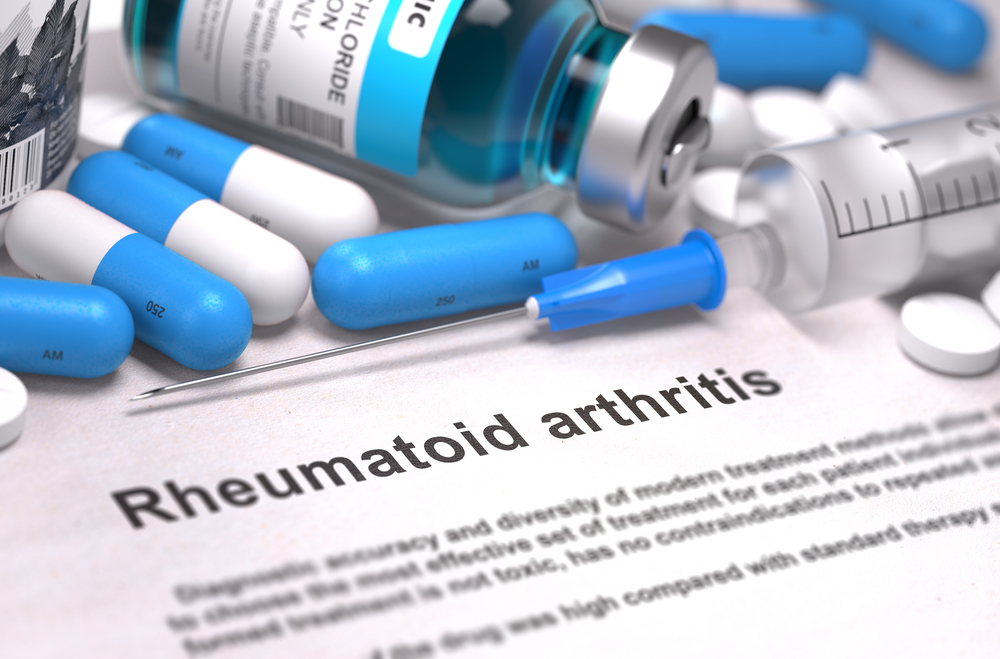Temporomandibular joint dysfunction, or TMJD, can strike anyone at any time. Though there is no one cause for the condition, common causes include genetics, injury and a condition called chronic inflammatory rheumatoid arthritis. Chronic inflammatory rheumatoid arthritis is an autoimmune disease that attacks the healthy cells and tissues in and surrounding the joints by hijacking the immune system.
People with chronic inflammatory rheumatoid arthritis often experience pain in the joints of the hands and feet, but many are surprised to learn that they can develop conditions like TMJD – after all, TMJD is a condition of the temporomandibular joint of the jaw, the joint that connects the skull to the lower jaw.
Dr. Alexandra George of Wexford, Pennsylvania, says patients with rheumatoid arthritis should beware of temporomandibular joint dysfunction symptoms.
“If you have rheumatoid arthritis, you should be especially diligent in listening to your body. If you are experiencing any joint pain in the jaw, speak to your dentist,” she says.
Symptoms of TMJD include jaw stiffness, difficulty opening and closing the mouth, a popping or clicking sound when opening and closing the mouth, ringing in the ears, and head, neck and back pain.
The good news, according to George, is that TMJD is very treatable, especially with neuromuscular orthodontics. Neuromuscular orthodontics aims to reposition the jaw so that it aligns better, eliminating much of the pain associated with temporomandibular joint dysfunction. Though it is not a quick fix, George says most patients experience significant relief from the treatment.
“Neuromuscular orthodontics can improve many of the negative symptoms you experience with temporomandibular joint dysfunction,” she says. “It should have a similar outcome for patients with rheumatoid arthritis.”
George says because rheumatoid arthritis is different from other ways people develop temporomandibular joint dysfunction, patients seeking treatment for the condition should speak with their rheumatologist prior to beginning any treatment program.
“You want to make sure you’re all on the same page,” she says.
As for alternative therapies, many people with rheumatoid arthritis treat the condition with prescription medications such as NSAIDs. According to George, neuromuscular orthodontics offers a drug-free alternative.
“A lot of people don’t want to treat their pain with drugs and would prefer to go a more natural route,” says George. “Neuromuscular orthodontics allows patients to take control of the pain without having to become dependent on NSAIDs or other powerful drugs.”
If you think you may have temporomandibular joint dysfunction, whether caused by rheumatoid arthritis or something else, speak to your dentist for an evaluation.


